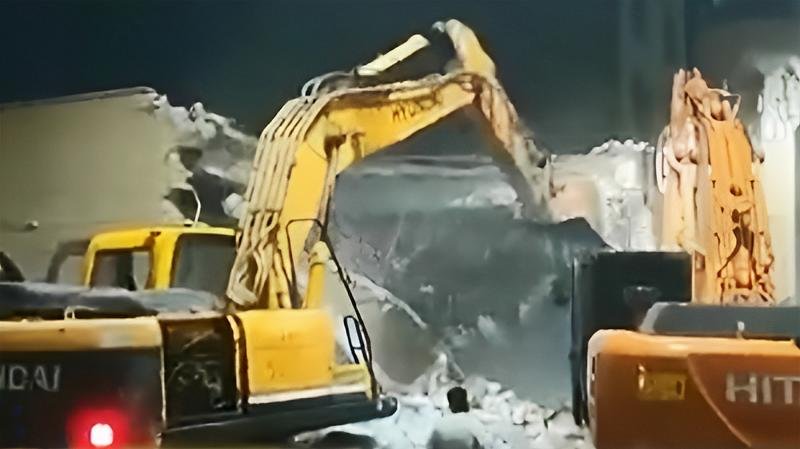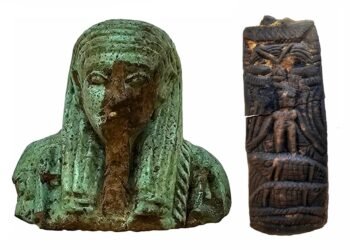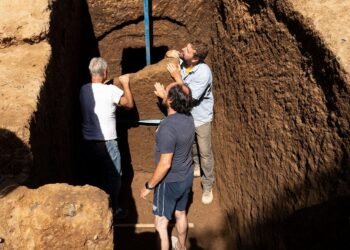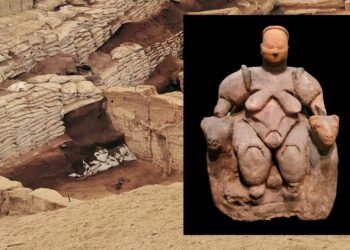Last week, the city of Basra, Iraq, witnessed the demolition of an iconic 300-year-old minaret, leaving locals, religious leaders, and cultural officials outraged over the destruction of the city’s cultural heritage.
The 11-meter (36-foot) tall Siraji minaret, part of the Siraji Mosque, was toppled to make way for road expansion, with its brown mud-brick spire and turquoise embellishments disappearing in a cloud of dust.
The demolition sparked heated debates as officials from the Sunni Endowment Office, responsible for overseeing Sunni religious sites, claimed they had no prior knowledge of the demolition. Similarly, Ahmed al-Badrani, the city’s culture minister, tells Reuters that he had not given permission to destroy the minaret. He states the initial plan was to preserve and relocate the historic structure.
Locals expressed their grief and disappointment, criticizing the decision to demolish the minaret instead of finding alternative solutions to the traffic issues.
Many residents are dismayed by the loss of their historical and cultural heritage, emphasizing that other countries preserve their history while Iraq seemingly demolishes its antiquities.
Basra Governor Asaad al-Eidani defended the decision, stating that the minaret posed a public safety hazard and had been given ample time for dismantling and relocation, but authorities failed to act. However, religious and cultural authorities maintain that there was an agreement with the governorate to safely remove and incorporate the minaret into a new mosque.
The incident raises concerns over Iraq’s cultural heritage, which has faced frequent danger in recent years due to various factors, including conflicts with groups like the Islamic State. Heritage conservationists fear that increasing urban development and infrastructure projects, such as road expansions and building booms in Baghdad, could lead to the destruction of more historical sites.
The destruction of the Siraji minaret is particularly disheartening as it highlights the impact of official decisions on cultural heritage. Experts, such as Jaafar Jotheri, a geoarchaeologist at Al-Qadisiyah University, lamented that it is official authorities’ actions that have put an end to their heritage. Efforts are now focused on trying to restore the remnants of the minaret, but experts worry that extensive damage from the demolition might hinder successful reconstruction.
The incident draws parallels to the past destruction of historic sites in Iraq, such as the al-Nuri mosque in Mosul, damaged during the Islamic State’s reign. To address the issue, culture minister Ahmed al-Badrani plans to seek recovery and preservation of the remains, alongside the construction of a model that mirrors the restoration efforts of the Al-Nuri mosque.
As protests continue and public outrage grows on social media, the Basra governor’s political fate remains uncertain, given the upcoming provincial elections.
The incident has highlighted the importance of safeguarding Iraq’s rich cultural heritage and calls for greater protection of historic structures to prevent further losses. Efforts are ongoing to consult with international experts on the best practices for resurrecting the beloved Basra landmark.

























